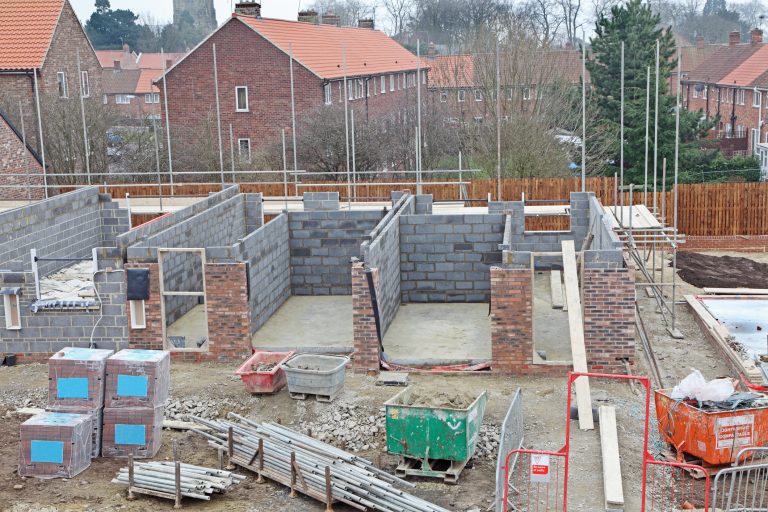A housing design audit for England, 2019 results

The audit, ‘A housing design audit for England’, examined over 140 housing developments built across England since 2007. It found that one in five of these developments should have been refused planning permission outright as their poor design was contrary to advice given in the National Planning Policy Framework. A further 54% should not have been granted permission without significant improvements to their design having been made.
From an environmental impact perspective, whilst the majority of schemes are achieving the basic minimum energy efficiency requirements set out in legislation, significant numbers are still falling below. Combined with the performance gap between ‘modelled’ and ‘actual energy use’; and the failure to deliver a green and biodiverse landscape in many projects; the report concludes that this represents a sub-standard response to the environmental crises we face.
Other key findings include:
- Less affluent communities are ten times more likely to get worse design, even though better design is affordable;
- Low-scoring housing developments scored especially badly in terms of character and sense of place, with architecture that does not respond to the context in which it is located;
- The worst reported aspects of design include developments dominated by access roads and the poor integration of storage, bins and car parking, leading to unattractive and unfriendly environments with likely negative health and social implications;
- Some gains have been made – schemes scored relatively highly for safety and security and were also typically successful at integrating a variety of house sizes.
Philip Box, policy and project coordinator at UKGBC, commenting at the launch of the report, said:
“This report notes some good examples of industry leaders going beyond the minimum, on energy efficiency, low carbon energy and biodiversity. However, it shows overwhelmingly that business as usual is not currently good enough to address the challenges we face. Our current minimum standards are inadequate, and we need to be more ambitious if we are to meet our legal decarbonisation targets.
“Policies like the Future Homes Standard should be leading the way. We need to put our own house in order before hosting the UN’s Climate Change Conference, COP26, in November. New homes should not be holding us back in the fight against climate change, there is no sense in putting off until tomorrow what we should have done yesterday.”
The full report is available here.
Related
UKGBC announces an expanded Solutions and Innovation Advisory Scheme

UKGBC launches Toolkit to empower local authority officers to develop ’Retrofit Facilitation Services’ for householders in their area.

Introducing Keystone Membership

Six organisations and a group of industry experts join UKGBC to better understand opportunties to retrofit our non-domestic building stock in pursuit of net zero

